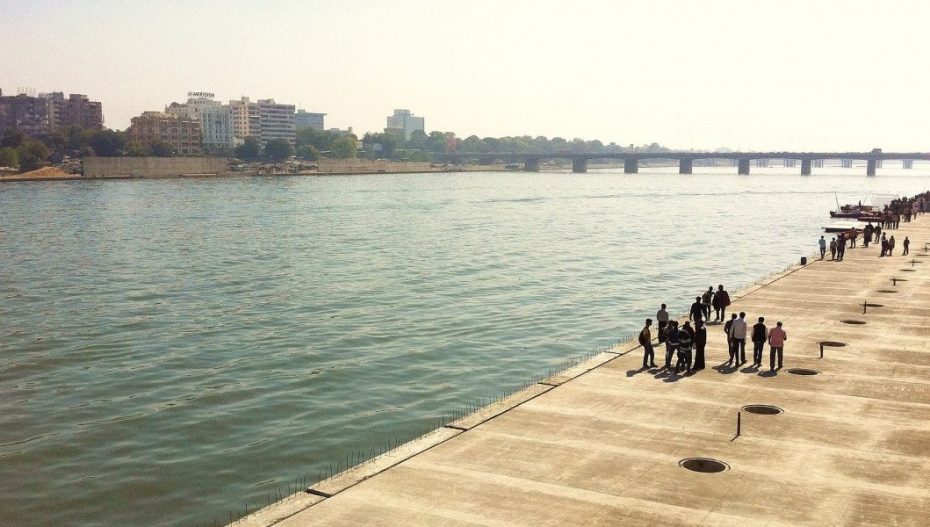If you find yourself riddled with health woes despite a healthy lifestyle and balanced meals, think again. A recent study reveals the amount of metal and chemical traces found in vegetables grown in and around the Sabarmati far exceed the permissible WHO standards by 3 to 28 times.
The joint paper was submitted by researchers from four institutes: National Centre for Earth Science Studies in Thiruvananthapuram, PDEU in Gandhinagar, Physical Research Laboratory, and the SAL Institute of Technology in Ahmedabad. “High concentrations of cobalt, chromium, copper, manganese, nickel, zinc and the deadly lead were found in edible parts of vegetables. These metals cannot be removed by washing the vegetables or by using de-ionized water, or even drying in the oven at 80°C,” revealed the study published earlier this year.
Ahmedabad’s green platter is fed largely from produce grown in and around 43 villages located 60 km downstream the Sabarmati. However, toxic effluents from industries on the city’s fringes are the culprits. Samples were taken from vegetables grown in Gyaspur, Vishalpur, Kasindra, Saroda, Chandisar, Kaloli, Asmalli and Khada — all downstream the Vasna-Narol sewage treatment plant (STP). The Ahmedabad Municipal Corporation releases millions of gallons of toxic wastewater in this canal and farmers downstream use this precise channel to water their farms.
Wastewater from industrial units is carried directly or indirectly through small channels or sub-channels into the Sabarmati. Regulations by the Gujarat Pollution Control Board need to stipulate mandatory treatment of all industrial effluents before they are discharged.
The detailed study focussed on tonnes of vegetables that enter Ahmedabad’s wholesale markets each morning. “When compared to Indian food safety standards, lead was found to be 12 times higher, manganese 13 times higher, chromium crossed the barrier by three times while zinc and copper violated the mark by two times.” Nickel was found to breach the limit by six times the European standard.
At Gyaspur, the spinach was found to contain 11.3 (microgram/ gram) μg/g of cobalt when the acceptable level was 0.27 μg/g. In other vegetables like tomato, brinjal, cabbage, and cauliflower 4.4 μg/g of cobalt was found.











